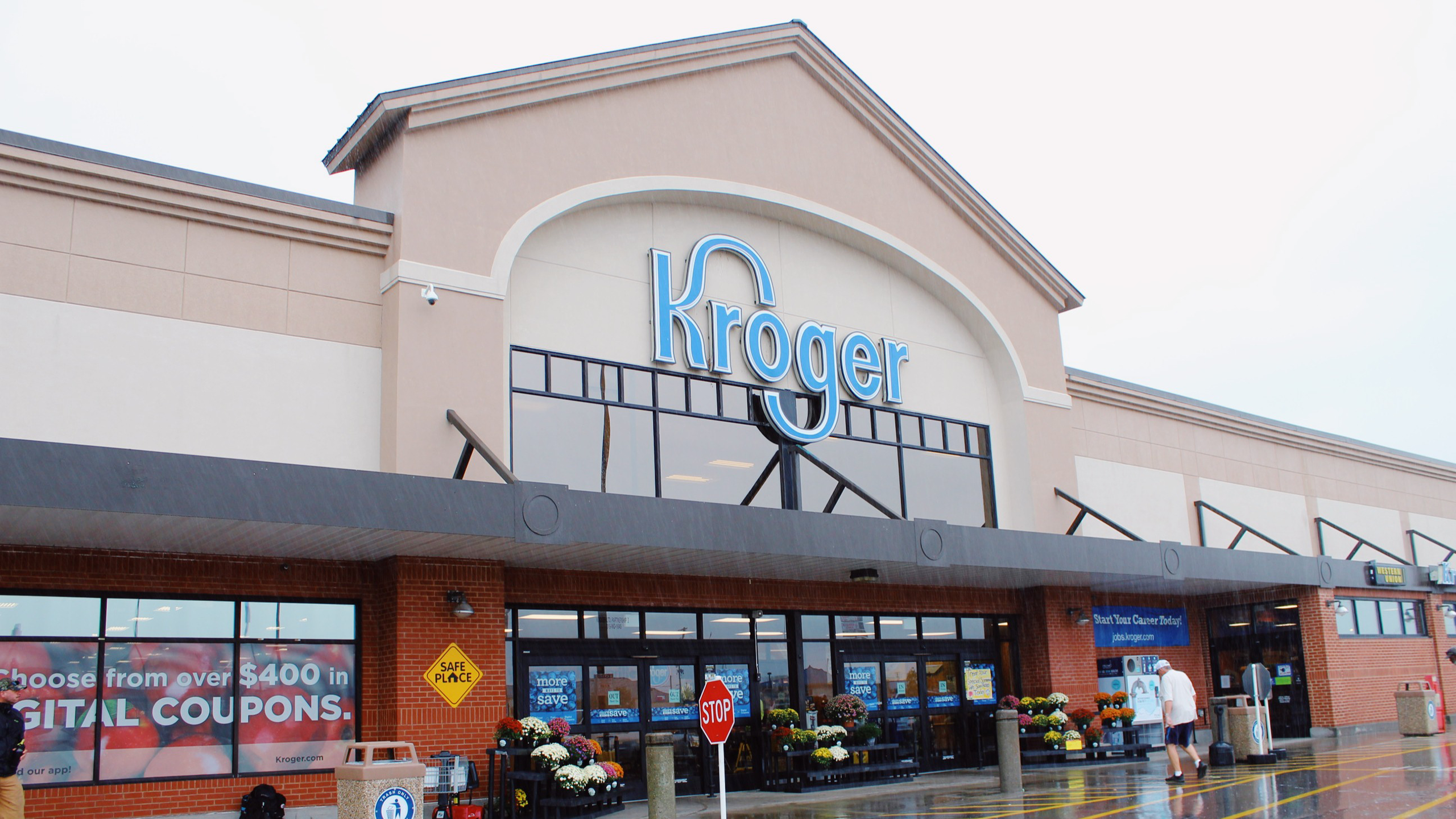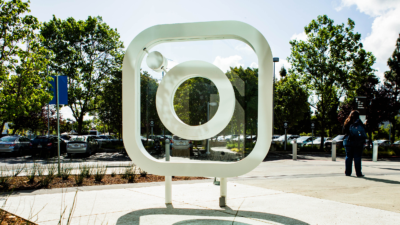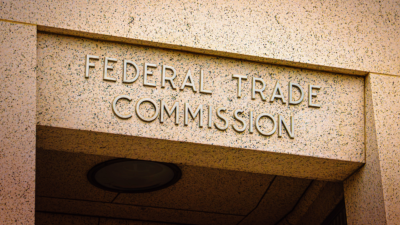FTC Sues to Block Kroger-Albertsons Merger
Regulators are using a novel approach, arguing that harm to workers is enough to quash the $25 billion deal.
Sign up for smart news, insights, and analysis on the biggest financial stories of the day.
If protecting workers were a concern, it’s fair to say few if any big mergers would ever pass regulatory muster. That’s what makes the Federal Trade Commission’s latest case one to watch.
On Monday, the FTC sued to block supermarket giant Kroger’s proposed $25 billion acquisition of rival Albertsons, relying on a novel legal argument. The FTC as well as eight states plus Washington D.C. essentially argued that the increased leverage created by a combined Kroger-Albertsons could lead to reduced worker wages, diminished benefits, and deteriorating working conditions.
Rewriting the Rules
“This marks a novel approach by the FTC, as it is the first instance in merger enforcement where the potential harm to workers has been cited as a reason to prevent a merger,” Daniel Hanley, senior legal analyst at the Open Markets Institute, wrote in an email to The Daily Upside. That harkens back to the agency’s recently updated merger guidelines, which now urge judges to consider impacts on markets upstream and downstream from a deal — such as harm to workers, suppliers, or contractors — as a valid reason to block a merger. And if that’s not sufficient, the FTC hopes good old-fashioned “harm to consumers” is reason enough:
- “Kroger’s acquisition of Albertsons would lead to additional grocery price hikes for everyday goods, further exacerbating the financial strain consumers across the country face today,” Henry Liu, director of the FTC’s Bureau of Competition, wrote in a statement. Food costs are eating up a higher portion of Americans’ income than they have in the past 30 years, according to a recent Wall Street Journal analysis.
- According to internal company documents seen by the FTC, one executive at Albertsons even candidly acknowledged the end result of an acquisition, writing “You are basically creating a monopoly in grocery with the merger.”
Concession Stand: In anticipation of regulatory action, Kroger and Albertsons had already proposed selling off some 400 store locations to Piggly Wiggly parent C&S Wholesale Grocers — a bid that the FTC in its statement chided as falling far short of mitigating the lost competition resulting from a merged company operating over 5,000 stores. “[Consolidation in the supermarket industry] has been going on for a long time,” Spencer Waller, Director of the Institute for Consumer Antitrust Studies and Professor at Loyola University Chicago School of Law, told The Daily Upside. “Particularly, Albertsons has bought other stores and the divestitures in the past have never been really sufficient to restore competition. I think the agencies are basically saying ‘No, enough’.”












